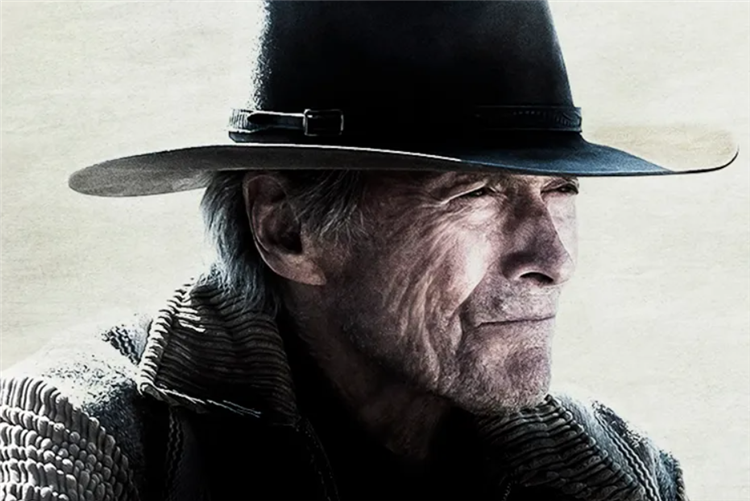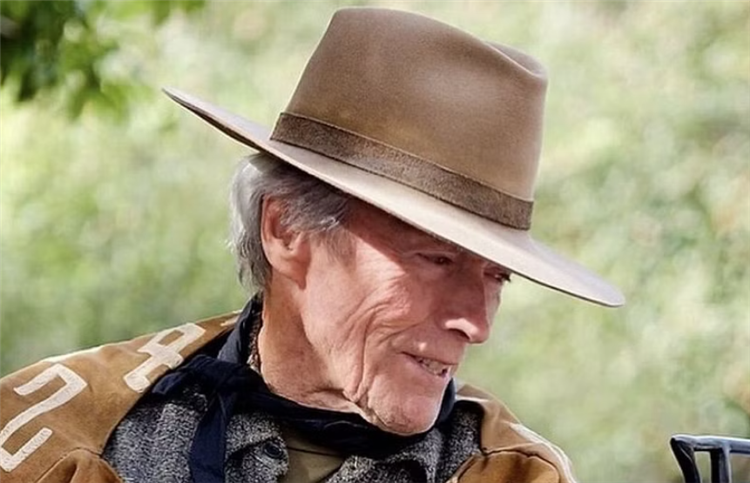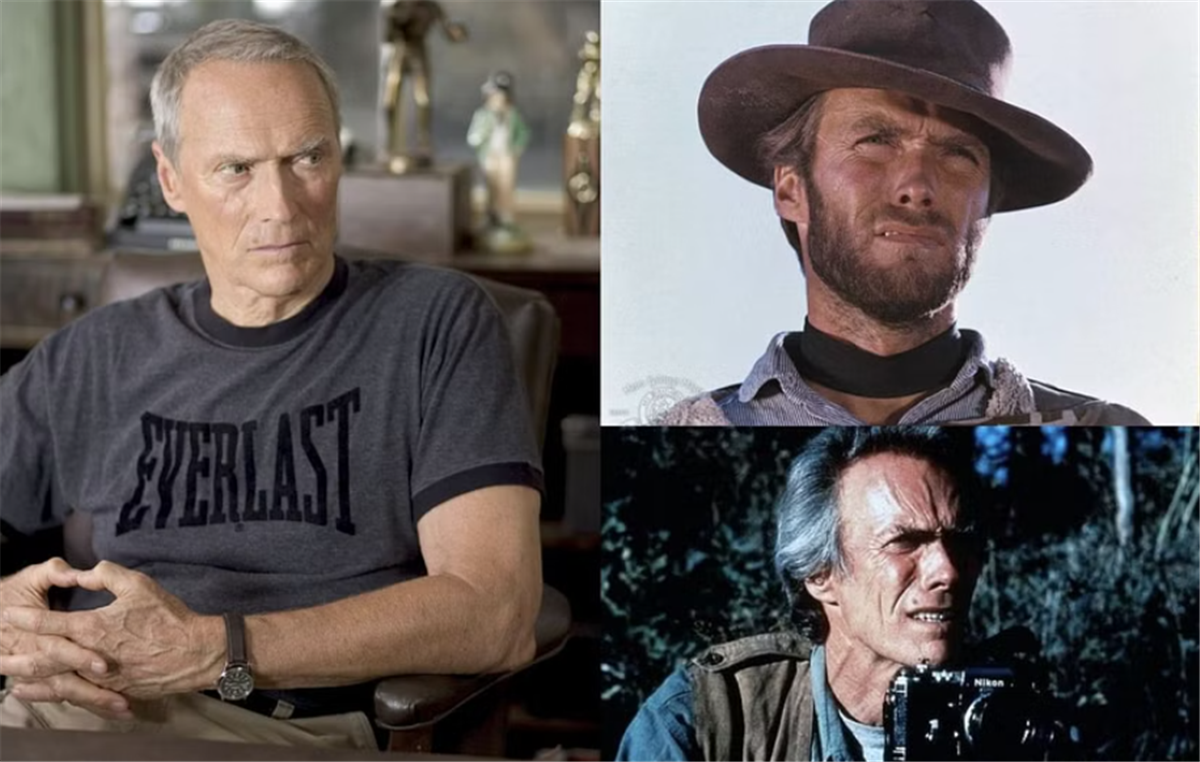The American screen icon Clint Eastwood has been in Hollywood for so long that he feels like part of the furniture at this point. Rising to the industry in the 1950s, years after serving America during WWII, Eastwood later appeared in celebrated roles headed up by Sergio Leone, Wolfgang Petersen, Don Siegel, Jodie Copelan and many more.
Known for his work in the western movie genre, Eastwood rubs shoulders with John Wayne as an icon of America’s most patriotic form of storytelling, with such tales being inspired by the great freedom of the West where justice prevails over evil. Despite it being an iconic American genre, he would become best known for his collaborations with Leone, making western flicks in Italy.
Eastwood became known for his iconic character, ‘The Man with No Name’, a stylish gunslinger who travelled the mythical west and helped lost souls while always looking out for number one. Appearing in A Fistful of Dollars, For a Few Dollars More and The Good, the Bad and the Ugly from 1964-1966, Eastwood became a global star known for his bombastic Hollywood heroics.

It’s no wonder Eastwood’s favourite novels as a child were preoccupied with the world of fantasy and adventure, revealing his favourites in a personal interview with GQ from back in 2009, where he would delve deeper into his role as a reader and interpreter of actors.
“I used to love those Freddy the Pig stories,” the actor started, revealing the favourites of his earliest days as a child, “There was a series of books, one was called The Ignoramus, or something like that. They were about barnyard animals that talked. The head of it was Freddy the Pig. And I remember those were fun to read. Those were my earliest books”.
Continuing, he explained his nostalgia for the simplicity of such times, “I loved Treasure Island and all that stuff—adventure stories. Life was pretty simple then. Because you didn’t sit and watch television all the time. There was the radio. Everything was listening, so you imagined everything”.

At this point, the interviewer makes reference to a specific moment in Eastwood’s 2008 film Changeling, noting when the young boy in the film sits in front of the radio and intently listens.
“We used to do that, visualize it all,” Eastwood continued, “So you’re not seeing somebody else’s interpretation of it visually; you’re seeing it with your interpretation. So probably from a directing standpoint, it’s better, because you’re seeing it the way you would do it. There’s an art to listening. There’s not much of it going on in the world. But it’s… As an actor, it’s the most important single function”.
